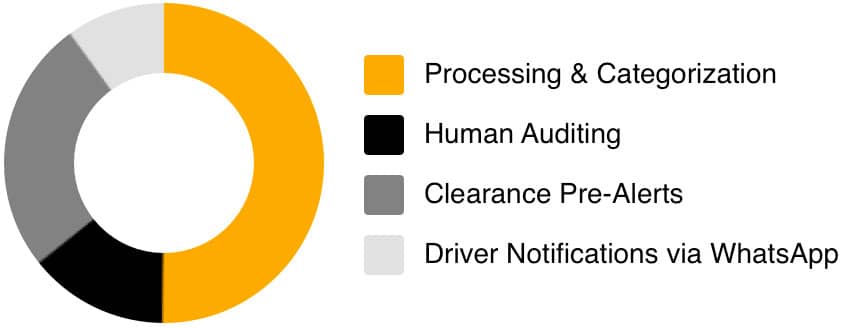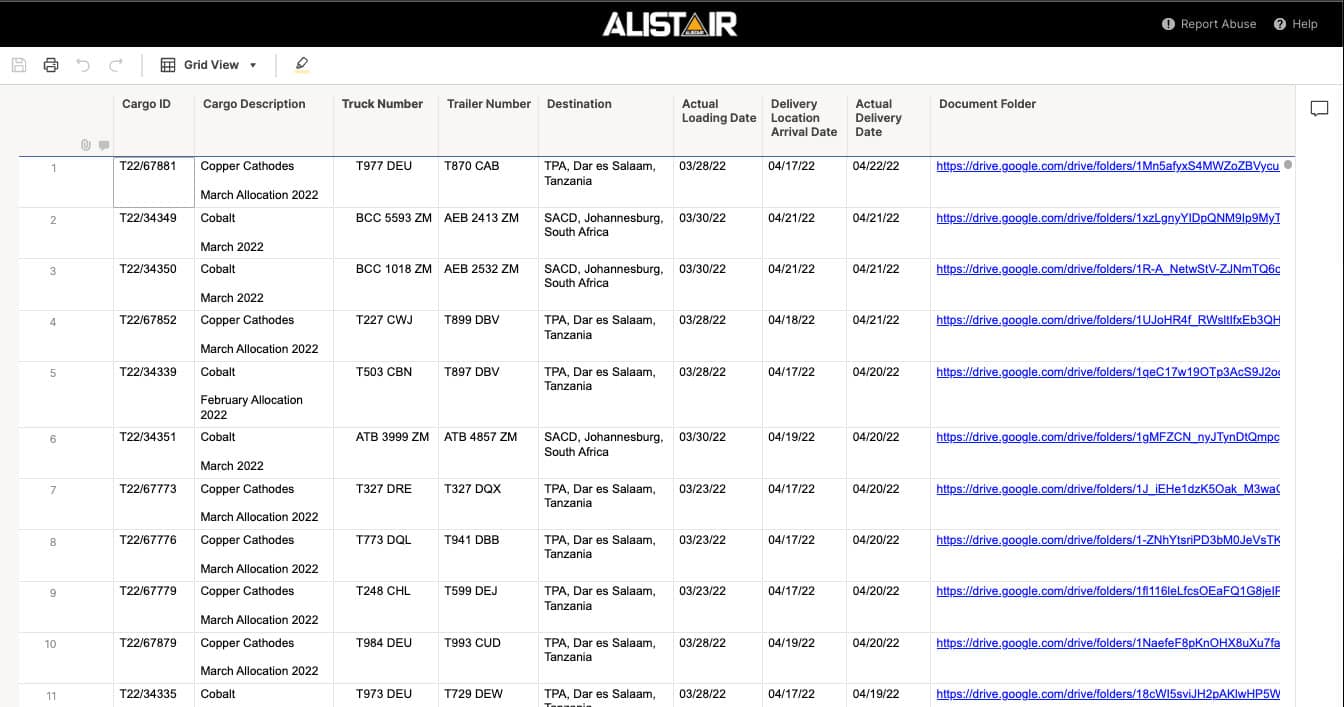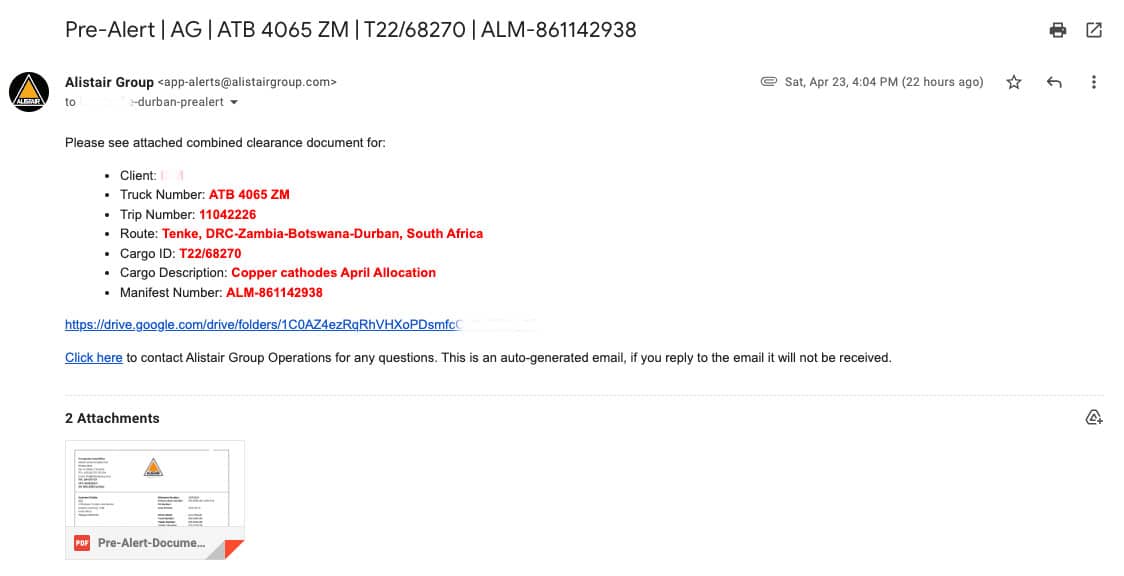THE IMPORTANCE OF DOCUMENT MANAGEMENT IN LOGISTICS
There are few things more stressful for our clients than having their cargo tied up at the border due to improper documentation. With so much of our attention often focused on the loading times, delivery times, and cost management related to transporting cargo, we often forget about the importance of document management to ensure efficient cross-border movements. Different documentation is required for different types of cargo, it’s extremely important to understand and determine which documents are required prior to arriving at a border or delivery location. Unfortunately, the mismanagement of documents is one of the most common causes of issues or delays when transporting, clearing, and storing cargo. At Alistair Group, we recognized the importance of properly managing cargo documents, and have created a robust process to reduce the potential for issues or delays as much as possible.
Our process consists of four (4) major components:

1. DOCUMENT PROCESSING & CATEGORIZATION
We recognized the challenge of managing the accessibility of paper-based transportation documents across various end-users, in addition to the importance of detailed document categorization to enable efficient border crossings as well as post-trip processing.
To effectively overcome that challenge, Alistair Group has created a robust document processing and categorization system that transforms paper documents into a digital format and stores them in a cloud-based system that is accessible via the internet. All cargo-related documents are scanned and converted to a digital format (PDF) and uploaded to our document processing system which was developed in-house. The processing system assigns the document a structured file name based on document type and then stores it in a unique folder based on the client’s name, route, and trip identification number. Lastly, the collection of cargo-related documents for each client is presented on the client-specific digital dashboard for easy access. The Alistair Group document system converts and processes on average over 20k documents per month.
2. DOCUMENT AUDITING TEAM
The second component of Alistair Group’s document management system is our human document auditing team. After cargo documents are digitized and uploaded to our processing system, a team of highly trained auditors review each and every document to maintain quality control. During the auditing of a document, the team will ensure multiple criteria are correct:
- Document classification
- Required stamps and/or signatures are present
- Orientation and alignment
If any of the above criteria are incorrect, the auditor rejects the document and notifies the appropriate department for escalation and re-uploading. This process has proved to be a vital component of the document management process and has resulted in high quality and accuracy for border and post-trip processing.



3. CLEARANCE PRE-ALERTS
One of the most common sources of delays is the lack of proper documentation available during the cargo clearing process (i.e.: border crossings). We recognized the need to be extremely proactive in providing the necessary documents to clearing agents to avoid delays. Another in-house developed system was created that provides a simple way for our teams to generate and send “Clearance Pre-Alert” via email that includes the necessary documents prior to the cargo arriving. Clearance delays relating to documents have been nearly eliminated since the implementation of this semi-automated process. An Alistair Group team member simply selects the appropriate clearance pre-alert email group and submits the send pre-alert request via our internal system. Once the request has been submitted, an automation is triggered to collect the required documents and create and send an email to the appropriate clearing group, eliminating any possible human error.

4. DRIVER NOTIFICATIONS VIA WHATSAPP
The fourth and final component of the Alistair Group document management system is the ability to effectively deliver critical documents to our drivers’ mobile phones. WhatsApp is by far the most popular communication platform our drivers use, so it was a natural solution to integrate with our system. Leveraging the WhatsApp for Business API, we were able to quickly integrate and start sending a variety of documents directly to drivers as attachments such as:
- Trip briefing and debriefing forms
- Trip updates
- Driver bulletins
- Incident letters

Biran Mezger | Head of Technology | 01 May 2022

